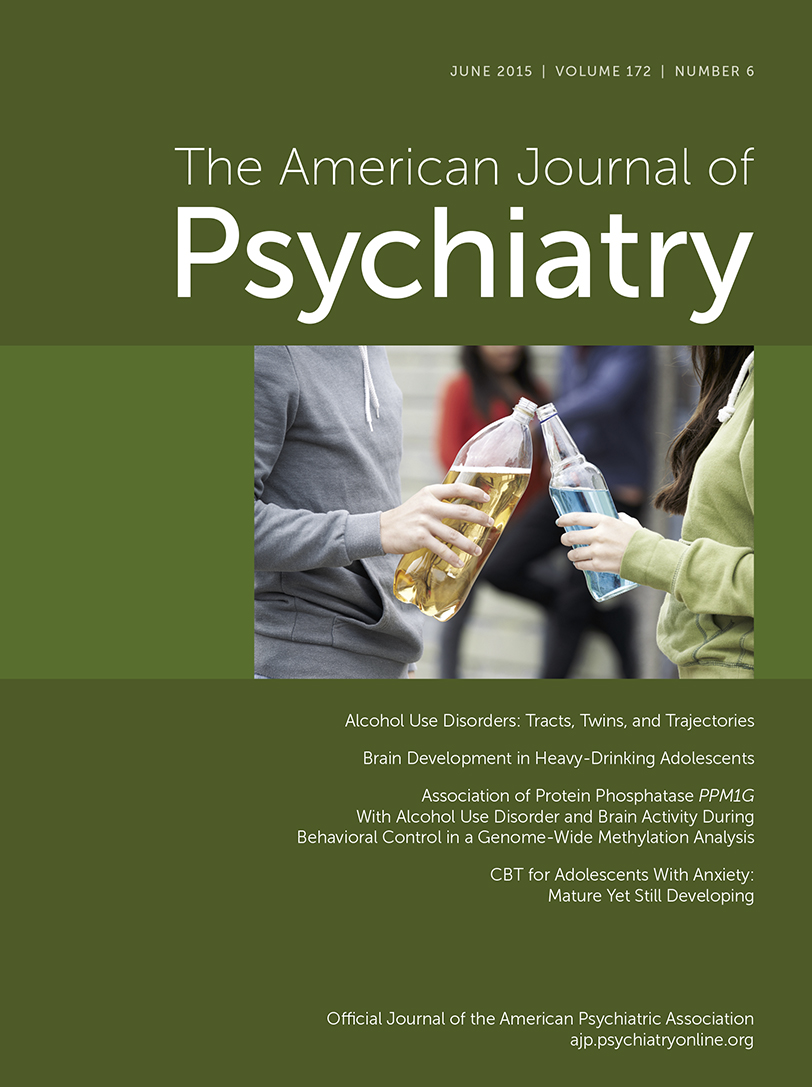Evidence-Based Medicine and Clinical Expertise
To the Editor: The article by Delbert G. Robinson, M.D., et al. (1), published in the March 2015 issue of the Journal, on prescriptions in first-episode schizophrenia spectrum disorders addresses a relevant topic. The result that 39.4% of the sample (for whom prescriptions deviated from guidelines) “might have benefitted from changes in their psychotropic medication prescriptions” is self-evident—anyone “might benefit” from a medication change, including the remaining 60.6% with guideline-compatible prescriptions. The authors seem to make the assumption that prescribing according to guidelines is better than deviating from them. Their data, however, do not address this question. Their article illustrates how evidence, once built into guidelines, is usually expected to inform health policy. Deviation from guidelines is judged a priori as poor practice requiring remediation, not as informed clinical judgment. In the National Institute of Mental Health’s Recovery After an Initial Schizophrenia Episode (RAISE)-Early Treatment Program (ETP) study, the most problematic prescriptions were for olanzapine or multiple antipsychotics. These are identified as primary targets for improving treatment, requiring educational efforts. In other words, deviation from guidelines is explained by gaps in knowledge. I suggest an alternative interpretation. Physicians in the RAISE-ETP study likely knew that olanzapine or multiple antipsychotics are not first-line treatments, in any condition. They also likely had clinical reasons, good or bad, for taking what were thoughtful decisions. In order to complement complex Bayesian correlations, I therefore suggest asking physicians directly about the reasons underlying their clinical decisions.
1 : Prescription practices in the treatment of first-episode schizophrenia spectrum disorders: data from the national RAISE-ETP study. Am J Psychiatry 2014; 172:237–248Link, Google Scholar



